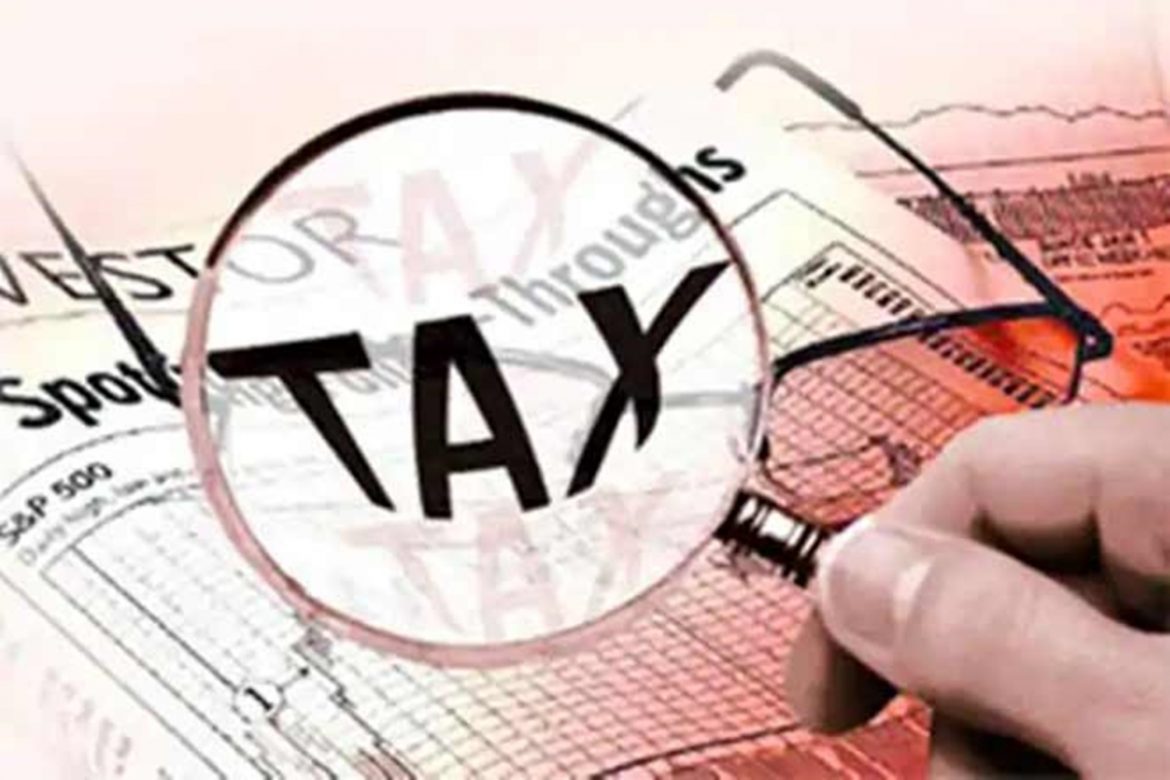Every year around the months of July and August it is the season for filing Income Tax Returns (ITR) in India.
During this period, taxpayers are required to get and verify their Form 16, Capital Gains Statements, Form 26AS, Interest Certificates, and many more documents.
Here are some important points to ensure proper return filing.
ITR Forms: Choosing correct forms for filing the return is the starting point in the return filing exercise. Choice of the form involves the consideration for residential status, nature of income, audit requirements, etc.
Personal information and bank account details: The ITR filing for FY 2021-22 is based on pre-filled JSON utility whereby the particulars of personal information are automatically sourced from the tax portal onto the ITR Form. It is important that taxpayer provides his/her correct address, contact number, email-ID, etc. in their tax portal. It may be noted that incorrect details, for example bank account details, will result in stalling the refund credit process.
Reconciliation of Form 26AS and Form AIS with the details available with taxpayer: Government has introduced Form Annual Information Statement (AIS) with an aim to increase transparency in filing correct particulars of income. Taxpayers should file their tax returns in line with Form AIS and Form 26AS, and in case of any deviation, the taxpayers can submit the feedback on Form AIS to avoid any enquiries from the tax department.

Non-reporting of assets or liabilities, foreign assets, directorship, or unlisted share holding: Taxpayers should report their assets and liabilities (income exceeding INR 5 million), overseas assets, directorship details, unlisted shareholding where applicable.
Particulars of TDS and TCS: Taxpayers should be careful in claiming the correct Taxes Deducted at Source (TDS) or Taxes Collected at Source (TCS) while filing the ITR as incorrect particulars may lead to mismatch of tax credit and may result in levy of demand of taxes. Further, wherever TDS has to be carried forward into the future years, suitable references should be provided in the tax return.
Filing of Form 67 for the purpose of foreign tax credit claim: Filing of Form 67 is mandatory before filing ITR for the taxpayers availing foreign tax credit against the overseas income taxed in India. Besides filing of Form 67, taxpayers are required to submit proof of taxes paid in overseas country viz. copy of overseas tax return, tax payment challan, etc. Non-filing of Form 67 may lead to denial of foreign tax credit for the taxpayers.
Incorrect bank account details for refund: Taxpayers having refund claims should report the correct particulars of bank account besides validating the bank account. Any omission on part of the taxpayers may result in delayed refund of taxes.
Non-reporting exempt income: Many taxpayers do not report exempt incomes (such as interest income from PPF, interest on Sukanya Samriddhi Account, exempt income under tax treaty, gifts from relatives) while filing the income tax return. Non-reporting of exempt income may lead to queries from the tax authorities and also denial of the exemption status.
Non-filing of ITR: The government in the recent past has notified new categories for filing of ITR such as – taxpayers having foreign travel expenditure exceeding INR 0.2 million, electricity expenditure exceeding INR 0.1 million, foreign assets held, bank deposits exceeding INR 5 million, TDS or TCS of more than INR 25,000 etc., during the year are mandatorily required to file their ITR.
Verification of ITR-V: The ITR filing does not end with the process of filing ITR as taxpayers are supposed to either electronically verify their ITR using OTP or EVC options or send the signed ITR-V manually to the Centralized Processing Centre (CPC). Failure to verify the ITR-V is equivalent to non-filing of ITR and it may lead to denial of carry forward of losses, refund of taxes claimed.
👉 Click here to read the latest Gujarat news on TheLiveAhmedabad.com




